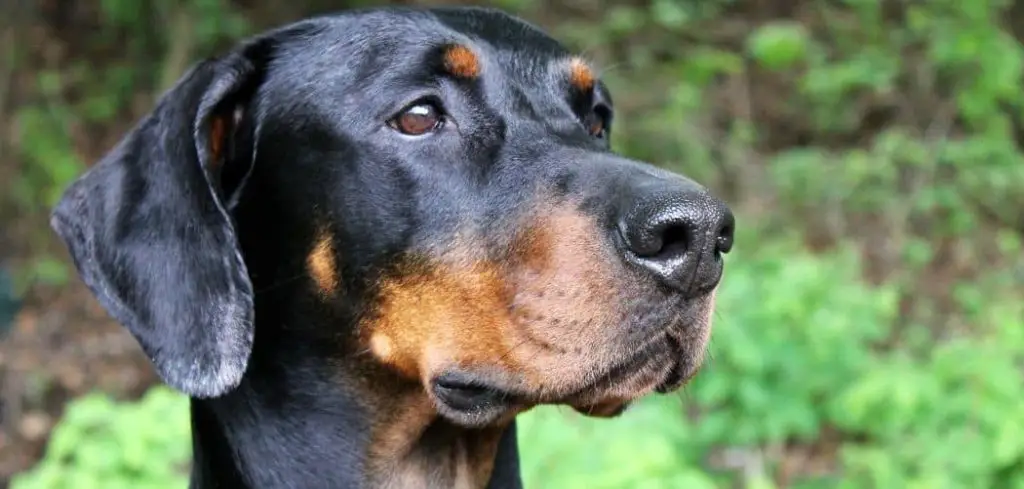When your dog starts panting heavily and burping frequently, it can raise concern. While either behavior alone might not be alarming, the combination could indicate discomfort or an underlying issue that needs attention.
We outline the common causes of dog panting and burping, what you can do at home, and when to seek veterinary help.
Why Is My Dog Panting a Lot and Burping — Why It Happens
Panting and burping in dogs can occur due to gastrointestinal upset, anxiety, respiratory stress, or overheating. The burping often results from swallowed air, while panting may be the dog’s attempt to cool down or manage discomfort. When these symptoms persist or appear together frequently, they could signal a deeper problem.

Common Causes of Dog Panting and Burping
Gastrointestinal Issues
Dogs often pant and burp when they have digestive discomfort. This could be due to eating too quickly, gas buildup, or mild indigestion.
Swallowed air during fast eating can cause bloating and frequent burping. If the bloating is severe, it may also cause anxiety and panting.
Some dogs develop gastroesophageal reflux or food intolerances that can trigger both symptoms.
Anxiety and Stress
Panting is one of the most recognizable signs of anxiety in dogs. Burping may also occur if the dog is swallowing excess air due to nervousness.
Common anxiety triggers include separation, loud noises, travel, or changes in environment. Some dogs also experience gastrointestinal upset as a direct response to stress.
Look for other signs like pacing, whining, or clinginess to confirm if anxiety is contributing.
Heat and Overexertion
Dogs regulate body temperature through panting. If they’re too hot, especially in humid environments or after exercise, heavy panting is expected.
Burping might result from gulping water too fast after exertion, or swallowing air during heavy panting.
Ensure your dog has access to shade and water, and never leave them in a hot car or under direct sunlight for long.
Read more: Dog Panting and Prednisone (Is your dog’s medication the cause?)
Respiratory Conditions
Respiratory illnesses like laryngeal paralysis, collapsing trachea, or bronchitis can cause labored breathing and panting.
In such cases, your dog may pant heavily even at rest. Swallowed air from this labored breathing could lead to burping.
If you hear wheezing, coughing, or notice difficulty inhaling, consult your vet.
Bloat (Gastric Dilatation-Volvulus)
While rare, this life-threatening condition starts with bloating, burping, panting, and restlessness.
It progresses quickly, causing severe stomach distension, unproductive retching, pale gums, and shock.
If you suspect bloat, go to the vet immediately. Large, deep-chested breeds are especially at risk.
What to Do If Your Dog Is Panting a Lot and Burping
Start by observing your dog’s behavior and looking for other symptoms. Check for signs of:
Restlessness or pacing
Drooling or lip licking
Swollen abdomen
Lethargy
Vomiting or dry heaving
If your dog recently ate or exercised, give them time to rest and cool down in a calm environment.
You can also try feeding smaller meals more frequently or using a slow feeder to reduce gulping and air intake.
Limit intense play after meals, and avoid stressful triggers if anxiety is suspected.
When to Call or Visit Your Vet
Contact your vet if your dog:
Is panting excessively without exercise or heat
Burps repeatedly for no clear reason
Shows signs of abdominal discomfort or bloating
Has persistent vomiting or diarrhea
Becomes lethargic or unresponsive
Veterinary exams may include abdominal palpation, x-rays, bloodwork, or even endoscopy to assess digestive health or rule out bloat.
Read more: Dog Panting and Anxious (What it means)
Key Takeaway
When your dog is both panting heavily and burping, it usually points to digestive upset, stress, or respiratory strain. While it can be harmless in mild cases, persistent or sudden symptoms deserve attention.
Observe your dog closely, make simple changes like slowing mealtime or reducing stress, and always consult your vet if symptoms escalate.
Catching and treating the root cause early can ensure your pup stays happy, healthy, and comfortable.
